Autograph letter signed with his initials. October 8, 1790; 2 pages 1/4 in-12°. Collector's stamp "Duc de Tascher de la Pagerie" (Charles Joseph Louis Tascher de la Pagerie)
Beautiful letter from the beginnings of the Revolution which suggests Madame Roland's interest in political affairs and her clear opinion, which will make her pass to posterity after his execution on November 8, 1793: “We received the English pastille for our doctor, more doctor than ever in this country where he healed all the sick, preaching and applying his hands, in the manner of Christ, but 'less embarrassing than him having to pay tribute to Caesar. Indeed, our representatives take enough care to ensure or increase taxes, much more than to enlighten us on the use of funds. Also, Parisian that I am, I will say that you are only myrmidons as long as you do not become better informed about finances and their wise administration. You see, housewives know the weak and the strong of houses, like empires, and as soon as one does not watch over the cooking pot, all the philosophy in the world cannot prevent a collapse. Attached are dispatches to which you would like to forward their destination. I imagine you will have received ours for London which we don't often hear about. Our friend is still caught by the leg, but I think that within eight days we will go to Lyon where the municipal officers are very well chosen; I no longer hear about the continuation of the elections for the mayor, etc. we will go and see what that means. As for my health, I only talk about it when it's in my hands, otherwise it's a matter of my courage and I don't say a word about it. Farewell, always be our good friend. » In August 1784, the Roland couple left Amiens for Villefranche-sur-Saône where the position of factory inspector in Lyon was vacant. They live in her husband's paternal house. Madame Roland wrote political articles for the Courrier de Lyon, borrowing ideas from the Enlightenment. At the beginning of the Revolution, the opportunity presented itself for Madame Roland to become politically involved in Paris, taking advantage of the political rise of her husband who obtained the Ministry of the Interior in 1792.













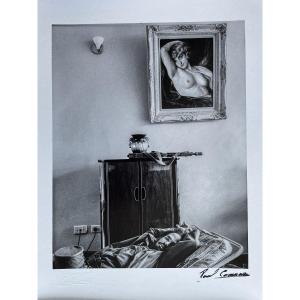
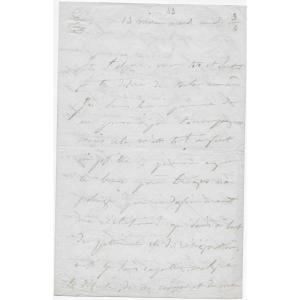


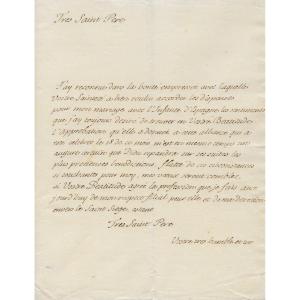
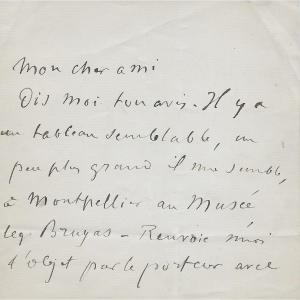
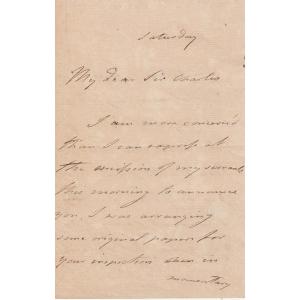
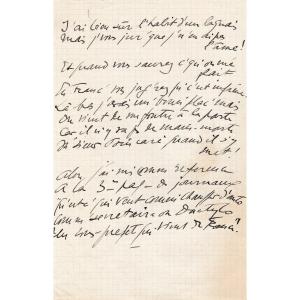




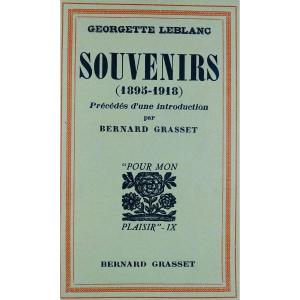




 Le Magazine de PROANTIC
Le Magazine de PROANTIC TRÉSORS Magazine
TRÉSORS Magazine Rivista Artiquariato
Rivista Artiquariato